The novel Coronavirus (Covid-19) outbreak started in Wuhan, China but has now swiftly spread to at least 75 other countries causing more than 10,000 deaths. Most countries have imposed a limitation on movement both within and outside its borders. The pandemic has increased the risk of disrupting the global food trade system. Global outbreaks in the past have had negative impacts on food and nutrition, specifically for the vulnerable population. Although the pandemic is primarily a public health crisis, the virus has an enormous impact on the global economy. The share of agriculture, including forestry and fisheries is declining in major countries which has led to subsequently raised questions of the impact of coronavirus on the supply and demand side of agriculture and all the possible undulated effects on food prices in the markets. While these restrictions are mandatory to curb the spread of the virus, they are very likely to have a significant impact on populations that depend upon them for their livelihood, food and nutrition security.
Using modern methods, previously unknown viruses have been identified, however, research yet remains restricted. Although research has proven that preserved tissue culture cells are transformed to grow in laboratory conditions. Plant tissue culture is one such technique used to sustain plant cells, its tissues and organs under sterile conditions. Apart from their utilization as a research tool, plant tissue culture techniques have become of utmost industrial significance in the sector of disease eradication and plant propagation. It is considered to be one of the most efficient technologies for crop development. An individual plant can be proliferated into thousand plants in a comparatively short period, under controlled conditions, irrespective of the season and weather. Tissue culture raised plants give better yield than conventionally raised plants. This technique also provides an opportunity to maintain optimum growth conditions in order to result in uniform growth of all the implants. Since tissue culture promotes the production of disease free plants, it is of utmost importance to maintain hygiene and care while growing them especially during such an outbreak.
Plant tissue culture includes Banana Plant Tissue Culture that consists of four steps to complete the process – initiation, multiplication, shooting, rooting and hardening. Banana being the second most important fruit crop in india next to mango is grown due to its availability and affordability. Hybrid Agri has developed and transferred the banana tissue culture for large scale and small scale production to users in semi-urban areas of India. Similarly, pomegranate tissue culture grows under these conditions but requires the kind of soil that can tolerate alkalinity and salinity to a certain extent. Due to availability of quality planting being available, planting is recommended round the year except extreme hot temperature during summer.
Potato is one of the most important non-cereal crops globally. Propagation of potatoes with the help of micropropagation techniques yields several benefits compared to conventional techniques. Potato tissue culture can be grown sexually by botanical seeds and asexually using tubers. This method involves low cost components although large scale clonal material can be produced in a short span of time.
India is one country with an enormous bamboo forest in the world. Bamboo is considered to be ‘poor man’s tinder’ and is used in several industries like handicrafts, furniture, paper and recently as floor tiles and mats. Bamboo tissue culture is produced in large quantities in a very short time i.e. these plants are multiplied every 3-5 weeks. Bamboo essentially makes use of an equal amount of water that is used to grow sugarcane. It typically grows well in hot and warm temperatures. Bamboo tissue culture is an emerging market in India, encountering major growth in the market.
The date palm plant was originally planted in between Egypt and Mesopotamia and contains 12-19 species which is the major derivation of commercial production. To obtain marketable quality the branch must be thinned and protected. Date Palm Tissue Culture at Hybrid Agri also grows to a mature plant very quickly giving you a quick and a wholesome yield. It calls for well drained deep sandy loam soils that have the potential to hold moisture.
In Hybrid Agri labs it is important to safeguard an aseptic environment during the outbreak and even on a regular basis , hence all culture vessels and instruments used in handling the tissues along with the explant itself are sterilized. Since the process in the laboratory is barren, and the nursery services are under elevated phyto-sanitary standards, the plants are dispatched completely free of diseases and pests. Fully grown plants are sold in Polybags or in Jiffy plugs. Judging the impact on the agriculture sector is untimely and speculative. It all rests upon the Health ministry to take cumulative steps on how long the global health emergency lasts before businesses can resume normal operations due to a manpower crunch and falling demand of agricultural products. Incase of effects encountered on staple food production, the impact on food security will be grave in the near future. It is necessary to take comprehensive measures to make sure the restrictions inflicted to control the virus will not promote hiccups in food and nutrition security globally.

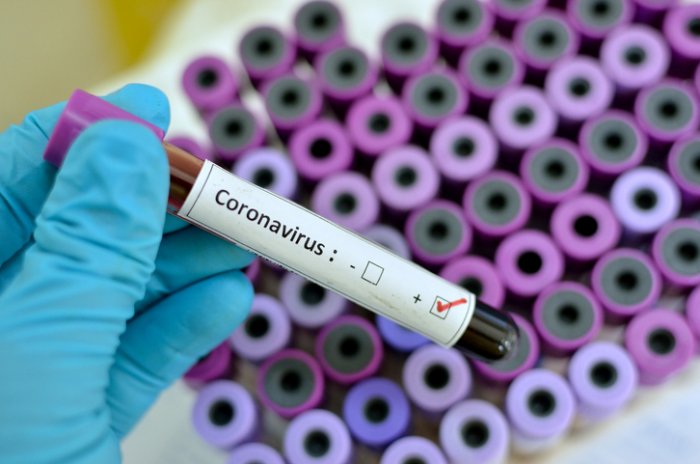
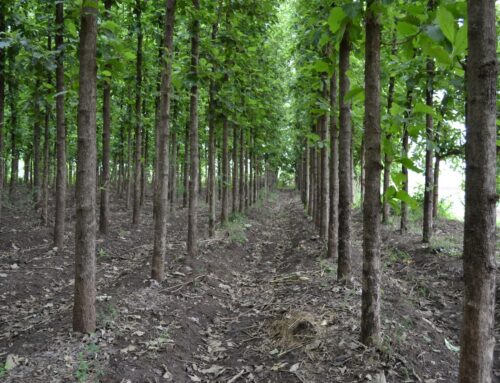
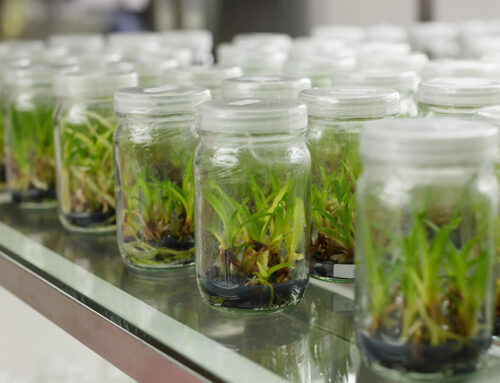
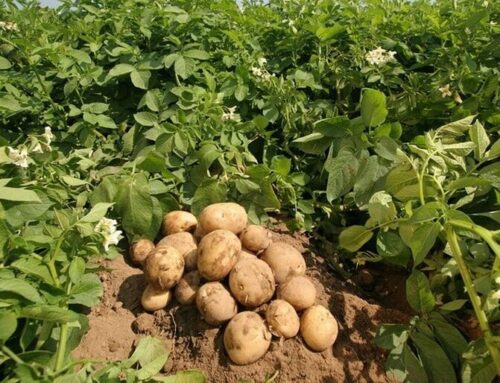
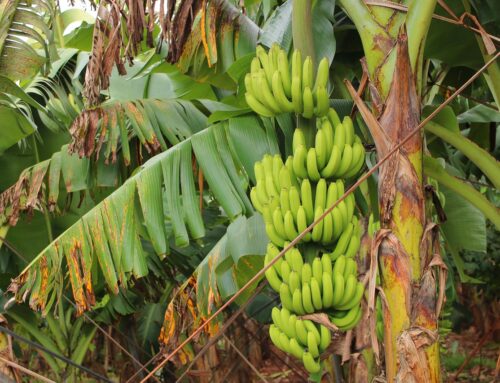
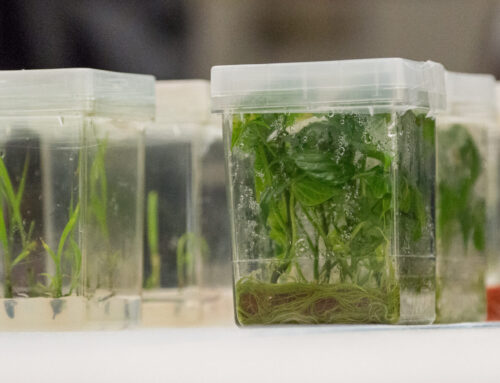
 WhatsApp us
WhatsApp us